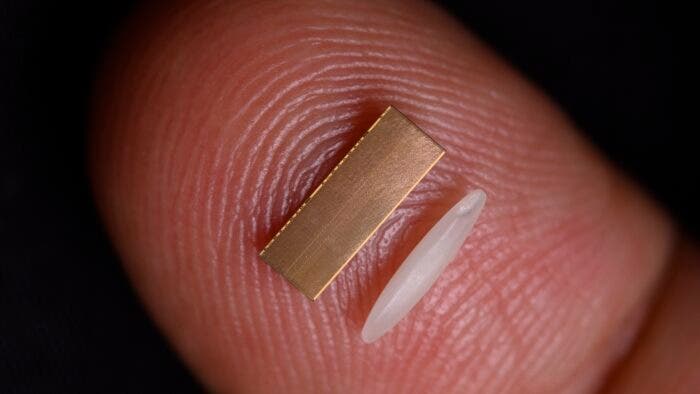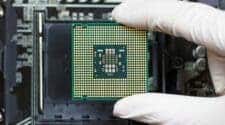We are currently at the iPhone 13 series, so why should we be talking about the iPhone 18? At the earliest, the iPhone 18 will arrive in five years’ time. So, is it not way too early to talk about the iPhone 18? Well, we are not talking in terms of its features or anything. We are talking in terms of the manufacturing process of its chip. After entering the 10nm node, the semiconductor process is approaching the limit step by step. TSMC plans to mass-produce the 3nm process in the second half of this year, but it will take a few years for the 2nm process in the future. According to recent reports, TSMC’s 2nm process will arrive in 2026 and at this time, we will be talking about the iPhone 18.
![]()
At last week’s earnings meeting, TSMC CEO Wei Zhejia responded to the progress of the new process. He claims that the company’s 2nm manufacturing process is in development. TSMC is also confident that it will still maintain a leading position on the 2nm node. As for the mass production time point of the 2nm process, TSMC claims that the process will enter trial production in 2024. Furthermore, mass production of this process will begin in 2025. The mass production of this process will take place in the second half of 2025 or even at the end of the year.
TSMC 2nm manufacturing process to commence in 2025
Judging from TSMC’s position, the 2nm process will not really enter the production stage until at least the second half of 2025. Apple will definitely not catch up in 2025, and it will not be possible to see an Apple 2nm device in 2025. At the earliest, the first Apple device with a 2nm chip will arrive in 2026. This is also the speculated launch date for the iPhone 18 if all goes according to schedule. This also means that the iPhone 14, 15, 16 and 17 series will only use chips built with the 4nm and 3nm manufacturing processes.
Unlike Samsung’s aggressive use of GAA transistors at the 3nm node, TSMC will only use GAA transistors at the 2nm node. The new technology still brings a lot of challenges, resulting in a few years for mass production of the 2nm process. In addition, Intel’s 20A and 18A processes will also use GAA transistor technology, targeting TSMC Samsung’s GAA process.
The 5nm manufacturing process is currently a significant improvement from 7nm chips. However, it appears that the next significant improvement will be in the 2nm process.




